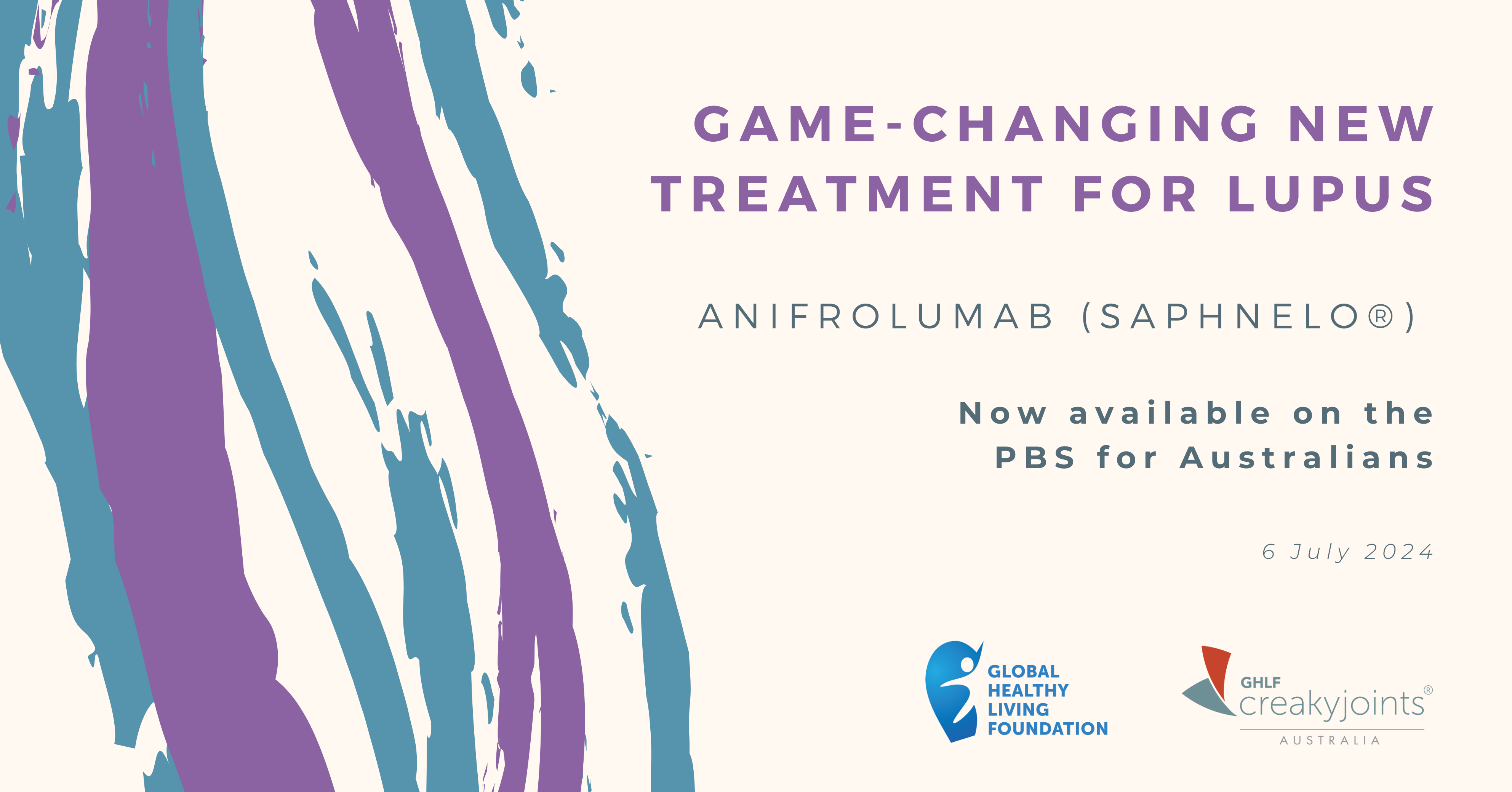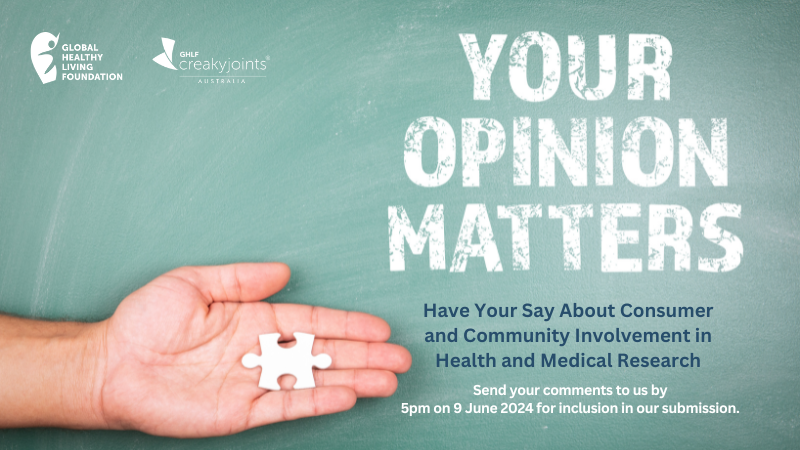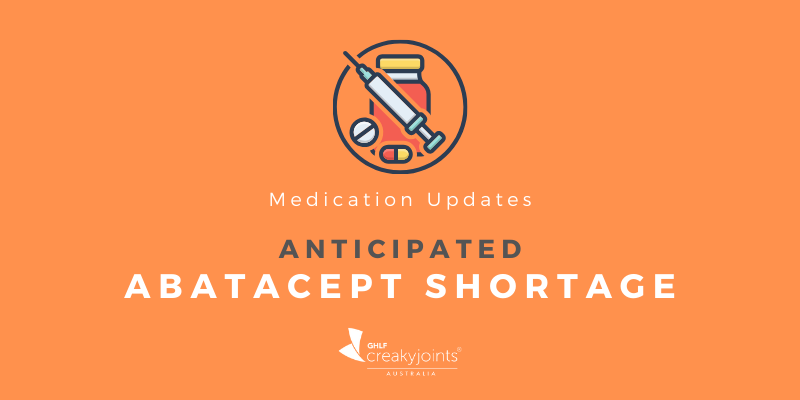

“In Australia, Men’s Health Week provides a platform for challenging and debating key issues in men’s health and to raise the profile of men, their health outcomes and health needs around the country”
There are some health issues that we automatically think of when it comes to the risks for males. For example, according to the Men’s Health Week website, men are more likely to die from heart disease at an earlier age than women and are also at a higher risk of dying from liver disease or diabetes.
When it comes to developing one of the many forms of arthritis (such as osteoarthritis, rheumatoid arthritis, ankylosing spondylitis or psoriatic arthritis), however, women usually have a greater or equal risk. One exception is gout (a form of arthritis that can cause severe and sudden attacks of inflammation in a single joint). According to the Australian Institute of Health and Welfare, 81 per cent of people with gout are men.
The Australian Bureau of Statistics: National Health Survey: First Results 2017-18 tells us that for the 13 years up to and including the date of the survey, 17.9 per cent of all Australian women had arthritis compared to 12.1 per cent of all men. The survey results also noted the proportion of people with arthritis increases with age.
- Under 45 years: Females = 2.7 per cent. Males = 2.3 per cent
- 55 to 64 years: Females = 39.6 per cent. Males = 28 per cent
- 65 years and over: Females = 57.3 per cent. Males = 39.9 per cent
Looking at these figures, most of us would focus on the statistics for females first. However, let’s turn our attention to the statistics for men. 12.1 per cent of Australian men live with some form of arthritis every day.
That’s a lot of men in pain.
Challenges for men with arthritis
While all those with arthritis and other chronic conditions face a multitude of challenges, there are some that are more specific to men.
There is still a perception in parts of our society, that men have to be the strong ones. Men shouldn’t show their pain. Men should be in control all of the time. Men should just “grin and bear it” rather than seek help. Even boys who develop juvenile idiopathic arthritis can be dismissed as “sissies”.
Of course, these are generalisations, yet they still influence our underlying beliefs. The pain and physical impairment caused by arthritis can be a devastating blow to the masculine identity. Some forms of arthritis or arthritis medications can even cause sexual dysfunction, therefore increasing the sense of humility and powerlessness.
On top of all this, many men find it difficult to talk about their feelings anyway — let alone discuss their pain or fears for the future. Not necessarily because they don’t want to, but because they don’t always know how.
It’s not just damaged pride or uncertainty around how to proceed that leads some men to hide their symptoms and delay seeking treatment, either. For some, it is because they want to remain reliable and stay strong for their loved ones as long as possible.
It’s ok to ask for help
If you are a man struggling to deal with arthritis, or if someone you love is in this position, remember that there are many people and places you can turn to for support.
- Among your family and friends, look for those who will listen to you without judgement and who will support you as much as they can. Sometimes, these aren’t the people closest to you and sometimes, those you least expect will become your greatest allies.
- If you haven’t done so already, seek out a GP you are comfortable with — ideally one familiar with your form of arthritis and with men’s health in general.
- You may also need to see a rheumatologist regularly. Again, ensure that you see one that you are happy with and that listens to you and respects you.
- If you are struggling to cope with the daily challenges and long-term outcomes of arthritis, it’s quite acceptable to seek support for your mental health, too. Your GP can help you find the type of therapy that suits you best.
- Contact the arthritis organisation in your state or territory for information on resources appropriate to you, such as reliable information about your condition and details of local health practitioners.
- Consider joining an arthritis peer support group either online or face-to-face. These give you the opportunity to discuss your situation with people who can genuinely relate to what you are going through. Online groups are especially helpful for men as it is often easier to express thoughts and feelings in writing and privately.
Finally, remember that it is ok to speak up when you are in pain, exhausted or struggling emotionally. You don’t have to hide it all inside. The earlier you seek support and treatment for your arthritis, the better your long-term quality of life will be.
Further Reading
CreakyJoints Australia: Reassessing Your Lifestyle
CreakyJoints Australia: Choosing Your Healthcare Team
CreakyJoints Australia: Find A Local Support Group
CreakyJoints Australia: Government Pensions, Benefits and Services for People with Chronic Health Issues




